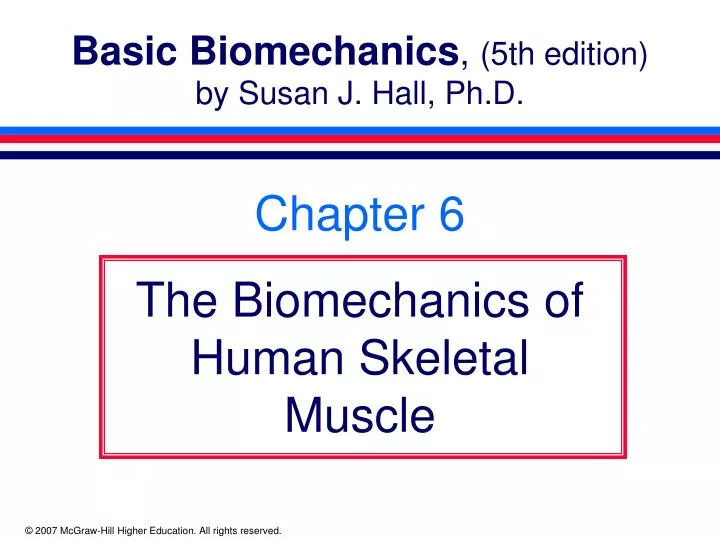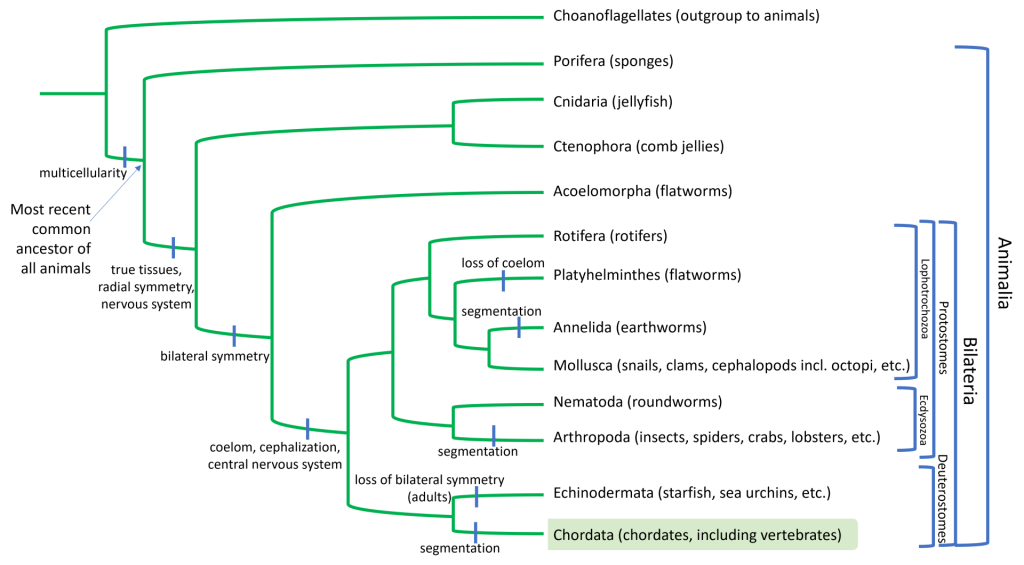Question: Convert the model below to a skeletal drawing. Gray = C; white = H; red = O. You do not have to explicitly draw H atoms. Skeletal Structure of Organic Compounds: The
Growing Wise Therapy Services, LLC | Seymour TN
What type of structure is being converted? A. 3D model B. Mat Get the answers you need, now! See what teachers have to say about Brainly’s new learning tools! … Convert the model below to a skeletal structure. What type of structure is being converted? A. 3D model B. Mathematical model C. Molecular model D. Statistical model.

Source Image: slideserve.com
Download Image
Convert the given molecular model into a skeletal structure, and give the formula. Only the connections between atoms are shown, multiple bonds are not indicated (grey=C, blue=N, ivory=H). Convert the given molecular model into a line-bond structure, and give the formula (gray = C, blue = N, and ivory = H).
Source Image: coursehero.com
Download Image
How to Convert Skeletal to Expanded Structural Formula Practice Help Me With Organic Chemistry – YouTube Bonding Preferences 12m. Formal Charges 6m. Skeletal Structure 14m. Lewis Structure 20m. Condensed Structural Formula 15m. Degrees of Unsaturation 15m. Constitutional Isomers 14m. Resonance Structures 46m. Hybridization 28m.

Source Image: organismalbio.biosci.gatech.edu
Download Image
Convert The Model Below To A Skeletal Structure
Bonding Preferences 12m. Formal Charges 6m. Skeletal Structure 14m. Lewis Structure 20m. Condensed Structural Formula 15m. Degrees of Unsaturation 15m. Constitutional Isomers 14m. Resonance Structures 46m. Hybridization 28m. Chemistry Convert the following molecular model into a skeletal structure. Convert the following molecular model into a skeletal structure. Introductory Chemistry: An Active Learning Approach 6th Edition ISBN: 9781305079250 Author: Mark S. Cracolice, Ed Peters Publisher: Mark S. Cracolice, Ed Peters Chapter21: Organic Chemistry
Animals: Vertebrates | Organismal Biology
molecular models and skeletal structures how to convert molecular model to skeletal structure Amy Brown Science: Human Body: The Skeletal, Muscular and Integumentary Systems

Source Image: amybrownscience.com
Download Image
Character and Creature Design Notes: Proper Use of Reference and Anatomy: Creature Design – Part One molecular models and skeletal structures how to convert molecular model to skeletal structure
Source Image: characterdesignnotes.blogspot.com
Download Image
Growing Wise Therapy Services, LLC | Seymour TN Question: Convert the model below to a skeletal drawing. Gray = C; white = H; red = O. You do not have to explicitly draw H atoms. Skeletal Structure of Organic Compounds: The

Source Image: facebook.com
Download Image
How to Convert Skeletal to Expanded Structural Formula Practice Help Me With Organic Chemistry – YouTube Convert the given molecular model into a skeletal structure, and give the formula. Only the connections between atoms are shown, multiple bonds are not indicated (grey=C, blue=N, ivory=H). Convert the given molecular model into a line-bond structure, and give the formula (gray = C, blue = N, and ivory = H).

Source Image: youtube.com
Download Image
Y13 A level mocks prep materials by claremontfancourt – Issuu Convert the structure below to a skeletal drawing. (You do not have to explicitly draw H atoms. Do not include lone pairs.) Representing chemical compounds

Source Image: issuu.com
Download Image
Information | Free Full-Text | Building Knowledge Graphs from Unstructured Texts: Applications and Impact Analyses in Cybersecurity Education Bonding Preferences 12m. Formal Charges 6m. Skeletal Structure 14m. Lewis Structure 20m. Condensed Structural Formula 15m. Degrees of Unsaturation 15m. Constitutional Isomers 14m. Resonance Structures 46m. Hybridization 28m.

Source Image: mdpi.com
Download Image
What is the significance of the term ‘somatic’ in the context of human anatomy and physiology? – Quora Chemistry Convert the following molecular model into a skeletal structure. Convert the following molecular model into a skeletal structure. Introductory Chemistry: An Active Learning Approach 6th Edition ISBN: 9781305079250 Author: Mark S. Cracolice, Ed Peters Publisher: Mark S. Cracolice, Ed Peters Chapter21: Organic Chemistry
Source Image: quora.com
Download Image
Character and Creature Design Notes: Proper Use of Reference and Anatomy: Creature Design – Part One
What is the significance of the term ‘somatic’ in the context of human anatomy and physiology? – Quora What type of structure is being converted? A. 3D model B. Mat Get the answers you need, now! See what teachers have to say about Brainly’s new learning tools! … Convert the model below to a skeletal structure. What type of structure is being converted? A. 3D model B. Mathematical model C. Molecular model D. Statistical model.
How to Convert Skeletal to Expanded Structural Formula Practice Help Me With Organic Chemistry – YouTube Information | Free Full-Text | Building Knowledge Graphs from Unstructured Texts: Applications and Impact Analyses in Cybersecurity Education Convert the structure below to a skeletal drawing. (You do not have to explicitly draw H atoms. Do not include lone pairs.) Representing chemical compounds